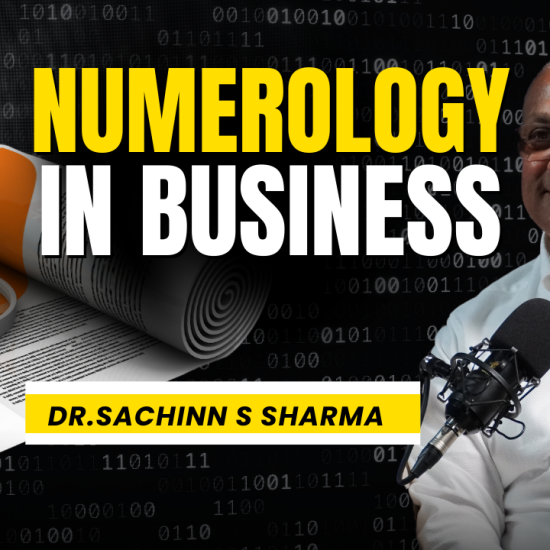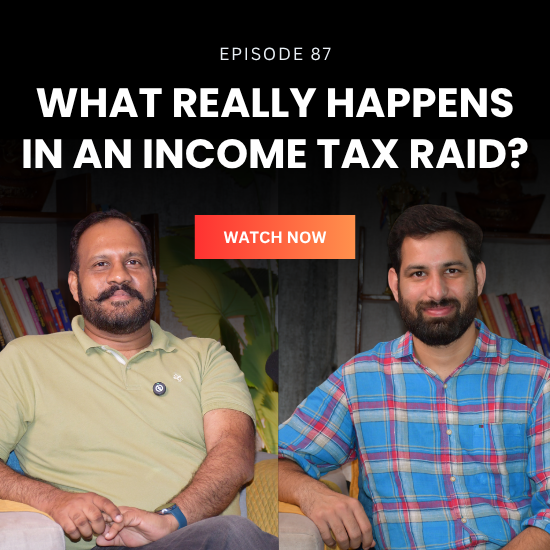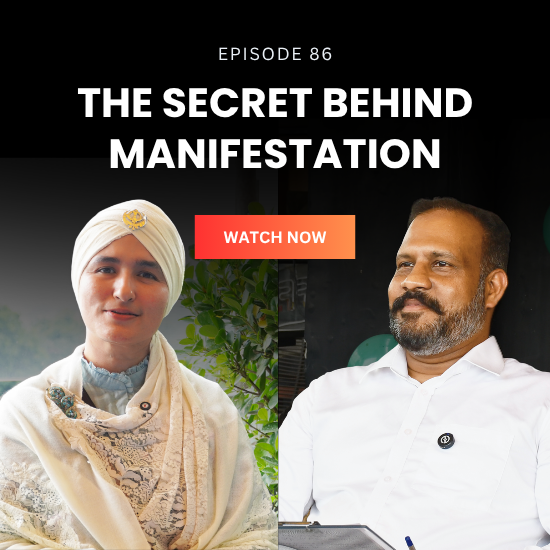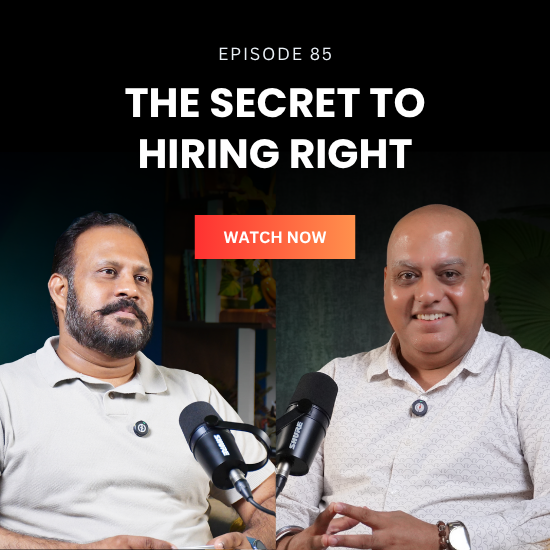In this insightful podcast conversation, Dr. Vinay Bansal, a seasoned psychiatrist, discusses the various aspects of mental health and its growing significance in today’s society. The conversation begins by exploring how social media, particularly platforms like Facebook, plays a role in shaping our interactions and relationships. Dr. Bansal reflects on the evolving nature of friendships in the digital age, where people may consider someone a “friend” just because they are connected online. He emphasizes that while these digital connections can be valuable, they are not always true friendships, as they often lack the emotional depth and personal interaction of in-person relationships. Social media, while helpful in many ways, can create an illusion of closeness without the genuine emotional connection needed to support mental well-being.
Dr. Bansal also discusses the impact of technology on sleep patterns, stressing that disturbances in sleep are common in today’s world. With the rise of digital media, many people tend to stay awake late into the night, leading to a disruption in their sleep cycles. This, in turn, affects their physical and mental health. He explains how sleep is crucial for the proper functioning of the body and mind and warns that irregular sleep habits can lead to a variety of mental health issues, including anxiety, depression, and overall emotional instability.
The conversation then turns to the importance of mental health awareness and seeking help when necessary. Dr. Bansal emphasizes that mental health is just as important as physical health and encourages people not to hide their emotions or suffer in silence. He urges individuals to reach out to mental health professionals when they face challenges, as early intervention can often lead to effective solutions. He reassures listeners that there is no shame in seeking professional help and that, often, what may seem like a huge problem can be solved through small lifestyle adjustments and targeted interventions.
The importance of staying connected with one’s social surroundings, family, and loved ones is also highlighted. Dr. Bansal believes that maintaining these real-world connections is essential for emotional well-being and resilience in the face of life’s challenges. He advises people to focus on meaningful interactions rather than superficial online engagements, which may leave individuals feeling isolated despite being surrounded by a virtual network of “friends.”
Throughout the conversation, Dr. Bansal offers practical advice on how to manage mental health, from simple changes in daily habits to seeking professional guidance when necessary. He concludes by stressing the importance of creating awareness about mental health and the need for continued conversations to break the stigma surrounding mental health issues.
In addition to the focus on digital connections and sleep disturbances, Dr. Bansal delves deeper into the influence of modern lifestyle on mental health. He acknowledges that today’s fast-paced world, where people are often juggling work, personal life, and social obligations, can contribute to heightened stress levels. This constant pressure, combined with the expectations set by social media, can lead individuals to feel overwhelmed. Dr. Bansal underscores the importance of managing stress effectively and taking the time to disconnect from digital distractions. By creating space for relaxation, mindfulness, and self-care, people can better cope with the demands of daily life.
The discussion also touches upon the stigma surrounding mental health in many societies. Dr. Bansal shares his perspective on how, despite growing awareness, many individuals still hesitate to seek professional help due to fear of judgment or misunderstanding. He emphasizes the need to normalize conversations about mental health, urging people to view therapy and counseling as tools for growth and healing, not as signs of weakness. This shift in mindset is vital for breaking down barriers and fostering a more supportive environment for those struggling with mental health challenges.
Dr. Bansal also highlights the role of family and community in mental health support. While individual therapy is essential, the involvement of close family members and a supportive social circle can make a significant difference in recovery. He encourages families to be open-minded and compassionate, as they play a crucial role in helping loved ones navigate difficult mental health experiences. Creating a safe and understanding environment at home can encourage individuals to be more open about their struggles and seek the help they need.
Another key point raised in the podcast is the idea that mental health is not a one-time fix but an ongoing process. Dr. Bansal shares his belief that mental health is a dynamic state that requires regular attention and care. Just as we maintain our physical health through exercise and nutrition, our mental health needs consistent nurturing. He advises listeners to incorporate small but effective practices into their daily routines, such as journaling, physical activity, or simply taking a few minutes each day to relax and breathe deeply. These practices, when integrated into daily life, can help individuals maintain emotional balance and resilience over time.
The conversation also touches on the importance of awareness and education in addressing mental health issues. Dr. Bansal believes that the more people understand about mental health, the better equipped they will be to manage their well-being. He encourages listeners to educate themselves and others on the signs and symptoms of mental health struggles, as early intervention can prevent more severe issues down the road. By fostering a culture of understanding and empathy, society can create a safer space for individuals to seek help without fear of judgment.
As the conversation wraps up, Dr. Bansal stresses the value of community efforts in supporting mental health. He believes that creating awareness and encouraging open dialogues is essential for making mental health care accessible and acceptable. He highlights that everyone, regardless of age or background, can benefit from mental health support, and no one should feel isolated or ashamed for reaching out for help. With continued conversations like this, Dr. Bansal hopes to contribute to a larger movement towards better mental health awareness and support, ensuring that more individuals can lead healthier, happier lives.
In conclusion, Dr. Vinay Bansal’s insights offer valuable perspectives on how to navigate mental health challenges in the modern world. By staying connected with others, prioritizing self-care, seeking professional help when needed, and embracing mental health as an ongoing journey, individuals can better equip themselves to handle life’s challenges. His message is one of hope, encouragement, and empowerment for those looking to improve their mental well-being and create a more supportive and understanding world for everyone.
In the end, Dr. Bansal’s message is clear: mental health is an ongoing journey that requires attention, understanding, and support. By staying connected with others, maintaining healthy routines, and seeking help when needed, individuals can achieve better mental well-being and live more fulfilling lives.
🔔 Don’t forget to subscribe & share if this conversation resonated with you!
Frequently Asked Questions
Certainly! Here are some potential questions and answers based on the podcast conversation:





